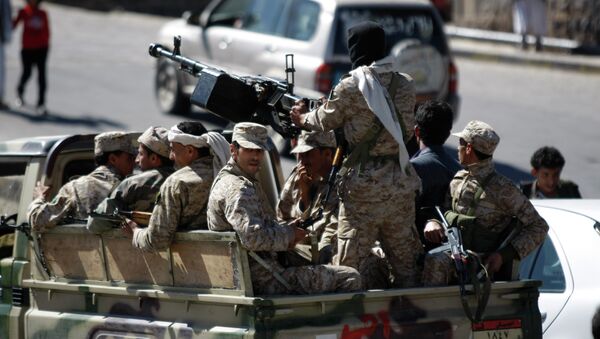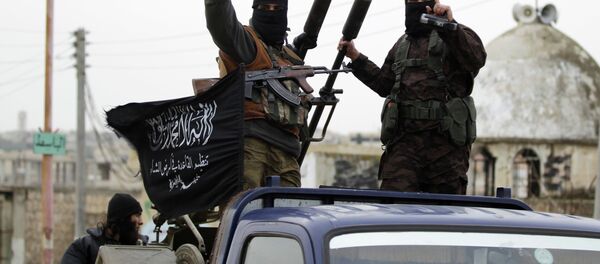"Yemeni security forces shot dead a prominent leader in the southern separatist Herak Movement in Aden on Monday, residents said, ratcheting up tensions in the city where residents have been observing a weekly protest to push for independence," Reuters reported.
Khaled al-Junaidi, 30, had been recently released from prison where he had been serving a term for his role as a Herak leader.
The media sources report that five masked men from the paramilitary National Security Forces stopped Khaled al-Junaidi, while he was driving a car in southern city of Aden. They ordered al-Junaidi out of his car and shot him in the chest. Then the security officers carried the man to a hospital and left him dying at the entrance.
"Yemeni authorities have an obligation under international law to ensure that an independent, impartial and prompt investigation into this killing is conducted, and that all those responsible are brought to justice, including anyone who ordered the killing," Said Boumedouha, Amnesty's Deputy Regional Director stated as quoted by the Daily Mail.
Yemeni authorities have been facing rising demands for secession by southerners over the past three years. Separatists have strengthened their fight for independence through organizing civil disobedience actions each Monday, when stores, plants and schools shut down. They claim that the North has exhausted the former Marxist southern region under the rule of Ali Abdullah Saleh, a predecessor of President Abd-Rabbu Mansour Hadi, the current leader. Secessionists blast the government for treating them as "second-class citizens," Reuters notes.
South Yemen, or the People's Democratic Republic of Yemen gained its sovereignty in 1967, after the British colonial rule ended in the region. North and South Yemen unified in 1990. However, four years later, the South declared its independence from the North but ultimately lost in the civil war of 1994 against the northerners.




